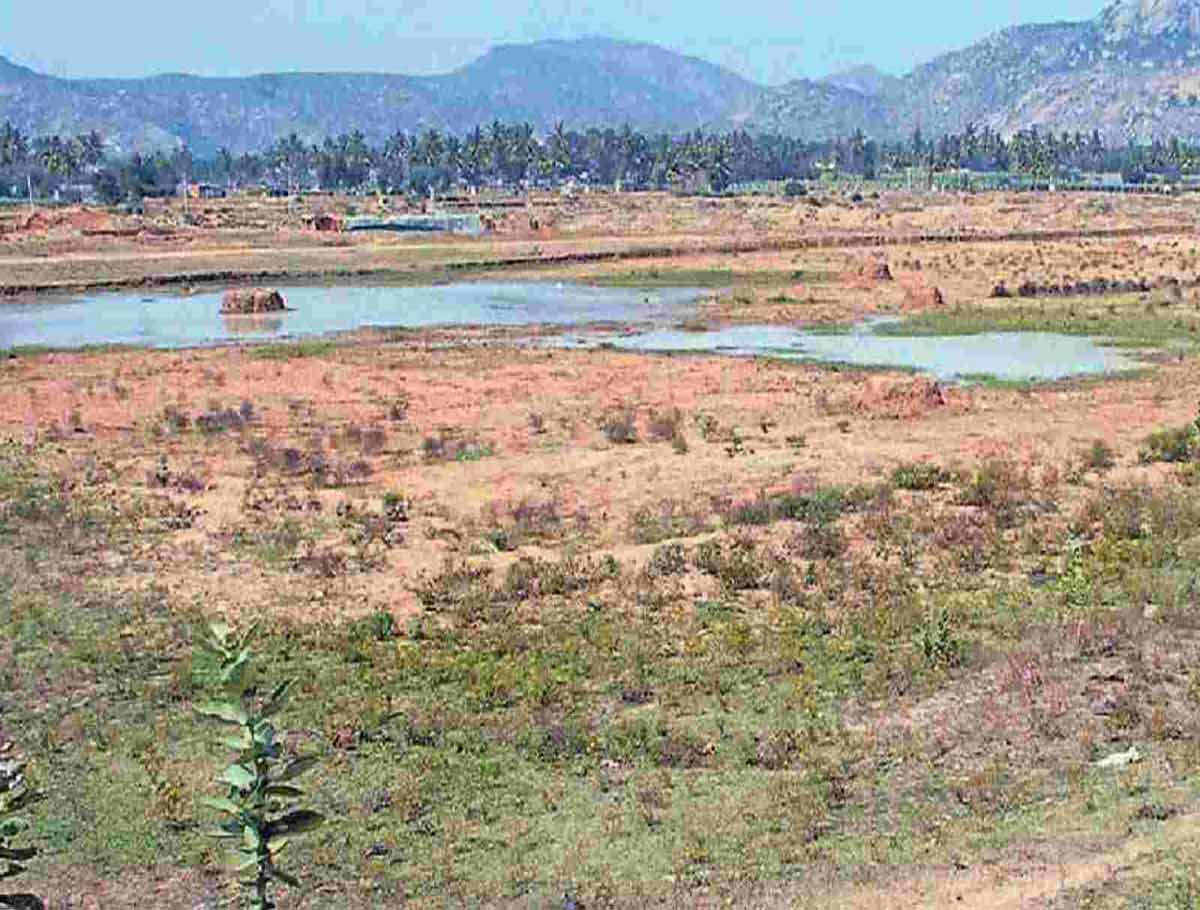Bengaluru: As the monsoon deluge swelled rivers and brought about the threat of flooding in July, hundreds of lakes that serve as vital sources of irrigation and drinking water has not filled up̤.
However, recent reports have revealed that only a mere 18 percent of the 3,673 lakes in the region are more than half full, while a concerning 478 lakes have dried up completely.
Approximately 2,534 lakes have water levels ranging from 30 to 50 percent, and a worrisome 13 percent of lakes remain completely empty, according to officials.
The delayed monsoon onset contributed to a 23 percent rainfall deficit in June and the first half of July. However, during the second half of July, the state witnessed an abundant rainfall, exceeding expectations by 3 percent. Despite these favorable rainfall figures, the water levels in the lakes, especially in the northern and southern hinterlands, have not risen as expected.
Experts from the minor irrigation department point to several factors, including poor storage management in dams and a lack of connectivity between major irrigation projects and minor water bodies. Encroachment of lakes by human settlements has also been identified as a significant problem, leading to flash floods that impede water flow into the lakes.
The situation is particularly dire in districts like Raichur, where water scarcity has become a pressing issue. Efforts are being made to improve water storage management in major reservoirs, but the timing of water releases from the dams has been a challenge. In the last three years, heavy rainfall in August has led to significant water releases in anticipation of further rains. As a result, authorities are now instructing officials to release water earlier, in order to optimize water usage.
Experts, including Himanshu Thakkar, coordinator of the South Asia Network on Dams, Rivers and People (SANDRP), emphasize the urgent need for government intervention to tackle these water-related issues. Encroachments on lake beds must be cleared, and scientific water storage management practices in reservoirs need to be implemented to prevent future disasters.
In the meantime, the Minor Irrigation Minister N Bose Raju has assured the public that steps are being taken to manage water storage more effectively. Lift irrigation techniques are being employed to fill lakes where necessary. However, the situation remains critical, and the state government must act swiftly to safeguard water resources during these challenging times of water scarcity.
Next Story:
-
Heavy Rains In Telangana For Next Three Days

The people of Telangana have been alerted because of moderate to heavy rains in the state for the next three days, according to the Indian Meteorological Department (IMD).
Now you can get the latest stories from Hydnow every day. Click the link to subscribe. Click to follow Hydnow’s Facebook page and Twitter and Instagram




